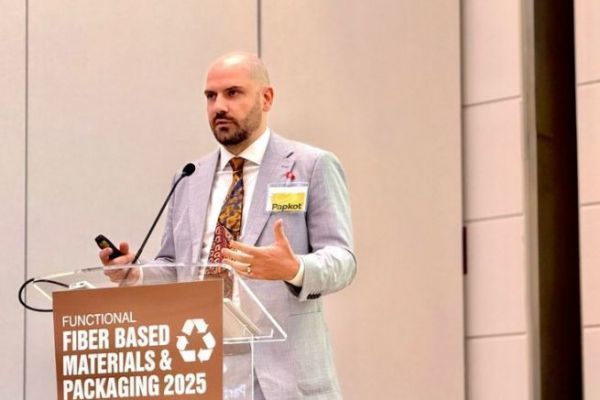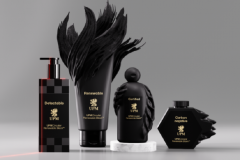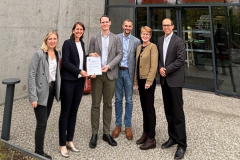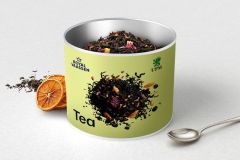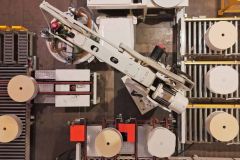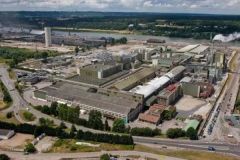Less 20% fiber in paper solutions and fully recovered glassines: these are the two promises of Papkot PA. The Fedrigoni Group has tested this additive, developed by Strasbourg-based Papkot, on an industrial scale at its Cordenons and Fabriano sites in Italy.
Presented at the Functional Fiber-Based Materials & Packaging 2025 conference held on October 1-2 in Valencia, Spain, this mineral component is based on plastic-free mineral nanostructures designed to interact directly with cellulose fibers at the molecular level.
Rigidity to lighten formulation without loss of performance
According to the results obtained, its use results in a 30% increase in stiffness, reducing the proportion of fibers by around 20% while maintaining the expected mechanical performance.
What's more, finished products are lighter, like egg cartons, which weigh 20% less, generating obvious logistical gains.
For a site producing 280,000 tonnes a year, the projected savings would amount to up to $12.6 million, according to calculations by the Italian papermaker.
Papkot PA, a "a real breakthrough" for the
Micaela Di Trana, Vice-President Innovation & Sustainability at the ?1.8 billion paper group, underlines the benefits of this technology: "We saw Papkot PA as a real breakthrough in materials science and for the industry as a whole."
He adds: "It allows us to rethink fiber performance and transform waste into high value-added products. For the first time, sustainability is no longer a cost item, but a driver of profitability."
A world first in fiber circularity
In addition to material optimization, Papkot PA's second application is waste recovery.
The two partners integrated siliconized glassine scrap into articles molded with 1% Papkot PA, and succeeded in producing a high-performance molded fiber container. "A world first ‚euros!
Glassine flux offcuts, which are difficult to recycle in their current state due to laminates or barrier layers, represent an estimated worldwide source of 350‚euros000¬ tonnes per year.
"This breakthrough transforms a material with high disposal costs (...) into a valuable raw material" emphasize Fedrigoni and Papkot.
And soon a new solution from Papkot
And Papkot, founded and run by Italian Manuel Milliery, is currently working on a second reference. Still in the pilot stage, it could improve the elasticity of molded fibers by 30%. The aim would be to enable local or recycled short fibers to achieve performances equivalent to those of long Nordic fibers, with material costs halved.
Papkot, who earlier this year presented a plastic-free barrier coating announces an annual production capacity of 20‚euros000¬ tonnes for its new auxiliary, now validated at TRL¬ 7 technological maturity level (i.e. demonstrated in a real operational industrial environment).
